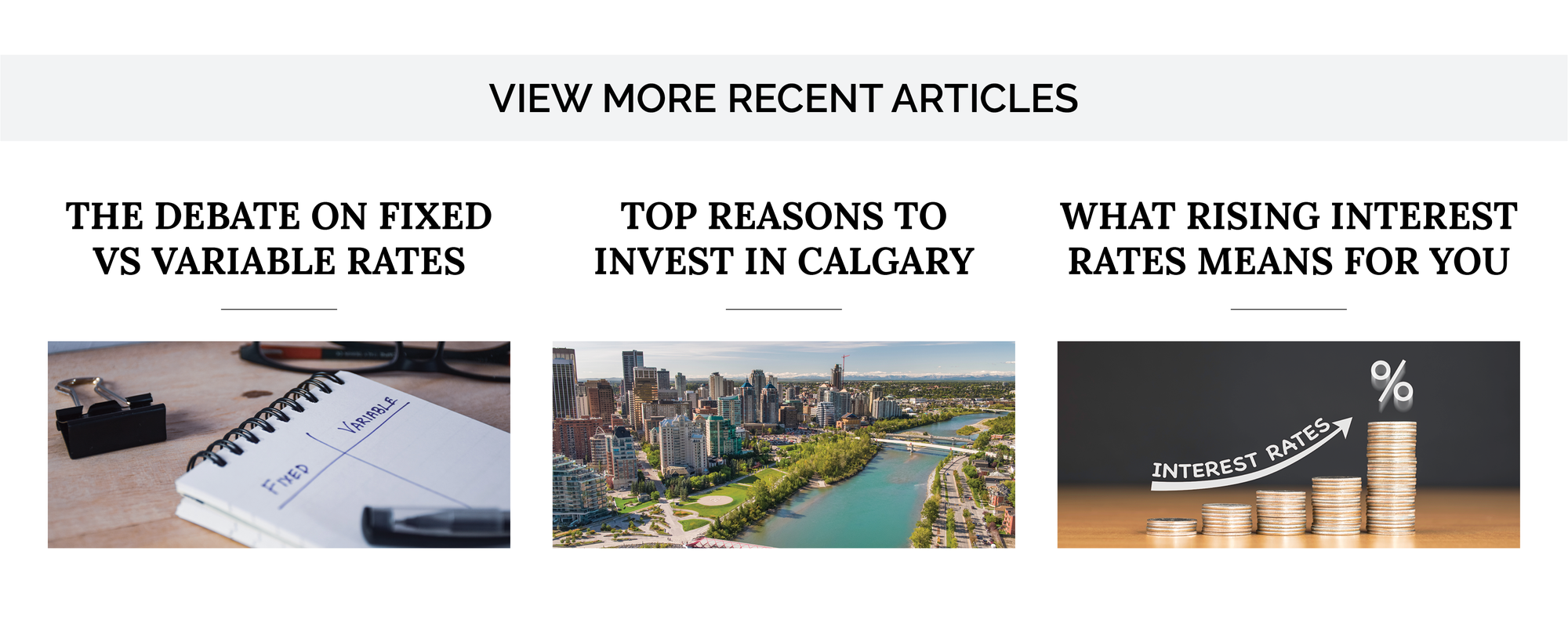
Higher interest rates are also driving the general cost of living up, and with one in ten Calgarians living below the poverty line (as of 2021), some families are resorting to bunking together to be able to make their monthly payments. Due to the high demand for rental housing, landlords also have their choice between numerous renters for each property, meaning that marginalized populations, single parents, and pet owners are often being left by the wayside.
• units renting for $1,615.00 or more per month
• various types of social housing
• rental units owned and operated by, or for, provincial, municipal, or federal governments
• rental units in buildings first occupied after March 2005
• not-for-profit life lease units
• cooperative units
• approved rehabilitated rental units
This perfect storm has led the City of Calgary to begin exploring the possibility of rental controls. What does this mean? Well, we could see some rental controls as used in other jurisdictions such as:
RENTAL INCREASES CAPPED
Landlords may only be able to increase rents by a certain amount every year, which would protect renters from rapidly escalating rents.
Example: Each year, Ontario releases a rent increase guideline that landlords can then use to raise the cost of tenants’ rent by a specific percentage to align with the cost of living. The province typically uses Ontario’s Consumer Price Index as a baseline for inflation. However, the recent high rate means that by this standard, landlords would have been able to raise rents by 5.3% for the year, which is not sustainable for most tenants. To prevent this, on June 29, the Government of Ontario announced it would cap rent increases for 2023 at 2.5%. [Source]
RENTAL CAPS DEPENDANT ON PROPERTY TYPES
The City could dictate that rental rates or rental rate increases apply to certain properties but not others.Example: In Manitoba, the 2024 rent increase guideline is 3%, effective January 1, 2024. The guideline applies to most rented residential apartments, single rooms, houses and duplexes. Some units are exempt and do not have to follow the annual rent increase guideline. These are:
• units renting for $1,615.00 or more per month
• various types of social housing
• rental units owned and operated by, or for, provincial, municipal, or federal governments
• rental units in buildings first occupied after March 2005
• not-for-profit life lease units
• cooperative units
• approved rehabilitated rental units
[Source]
More information is coming soon from the City - we'll keep you posted!
What are the next steps for Calgary?
With the recent approval of Calgary's Housing Strategy, the City has committed to investigate models of rent control used in other jurisdictions and provide the Government of Alberta with the findings.
As part of this process, The City of Calgary would investigate how models used in other jurisdictions could be applied in Calgary to ensure rental market rates are balanced and remain affordable. This doesn’t necessarily mean rent control, as the City has committed to finding a balanced solution that works for the Calgary market. For example, Winnipeg has an open market policy for properties built after 1990 but rent control measures for older properties built prior to 1990.
As part of this process, The City of Calgary would investigate how models used in other jurisdictions could be applied in Calgary to ensure rental market rates are balanced and remain affordable. This doesn’t necessarily mean rent control, as the City has committed to finding a balanced solution that works for the Calgary market. For example, Winnipeg has an open market policy for properties built after 1990 but rent control measures for older properties built prior to 1990.
More information is coming soon from the City - we'll keep you posted!




